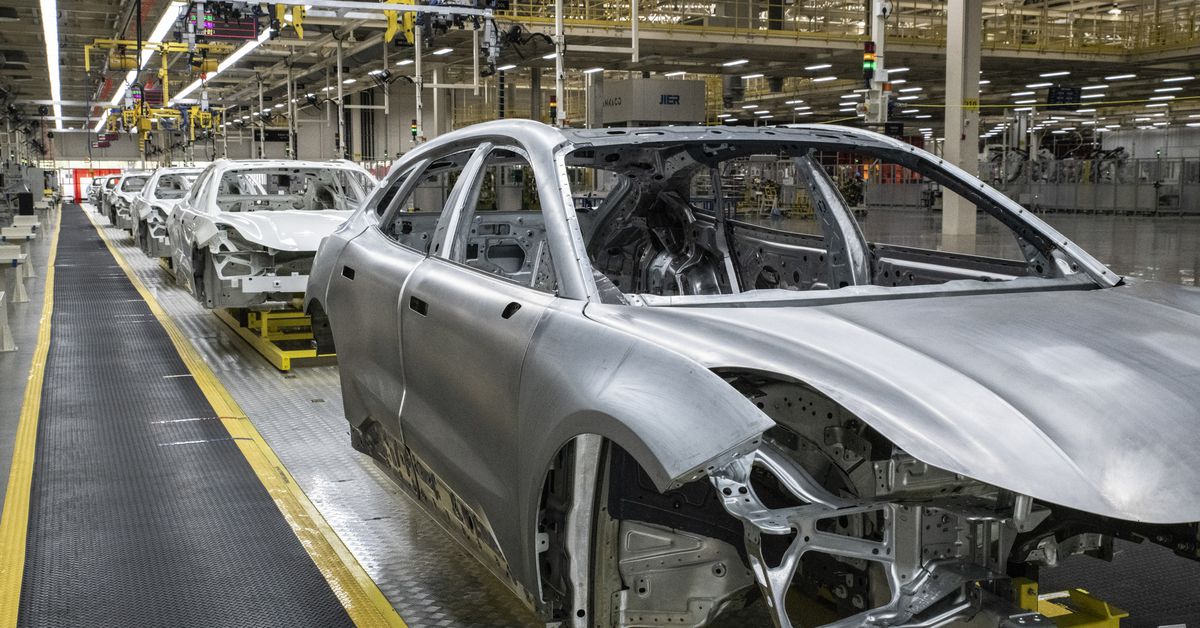A new study lays to rest the tired argument that electric vehicles aren’t much cleaner than internal combustion vehicles. Over the life cycle of an EV — from digging up the materials needed to build it to eventually laying the car to rest — it will release fewer greenhouse gas emissions than a gas-powered car, the research found. That holds true globally, whether an EV plugs into a grid in Europe with a larger share of renewables, or a grid in India that still relies heavily on coal.
“We have a lot of lobby work from parts of the automotive industry saying that electric vehicles are not that much better if you take into account the electricity production and the battery production. We wanted to look into this and see whether these arguments are true,” says Georg Bieker, a researcher at the nonprofit research group the International Council on Clean Transportation (ICCT) that published the report. The ICCT’s analysis found that those arguments don’t hold true over time.
In the US, an EV produces between 60 to 68 percent fewer emissions. In China, which uses more coal, an EV results in between 37 to 45 percent fewer emissions. In India, it’s between 19 to 34 percent lower.
See
One of the biggest myths about EVs is busted in new study#
environment #
EV #
greenhousegas #
missions #
myth
New report calls for a global phaseout of gas-guzzling cars.